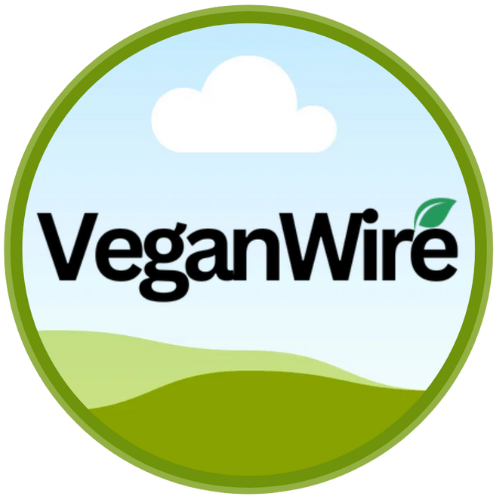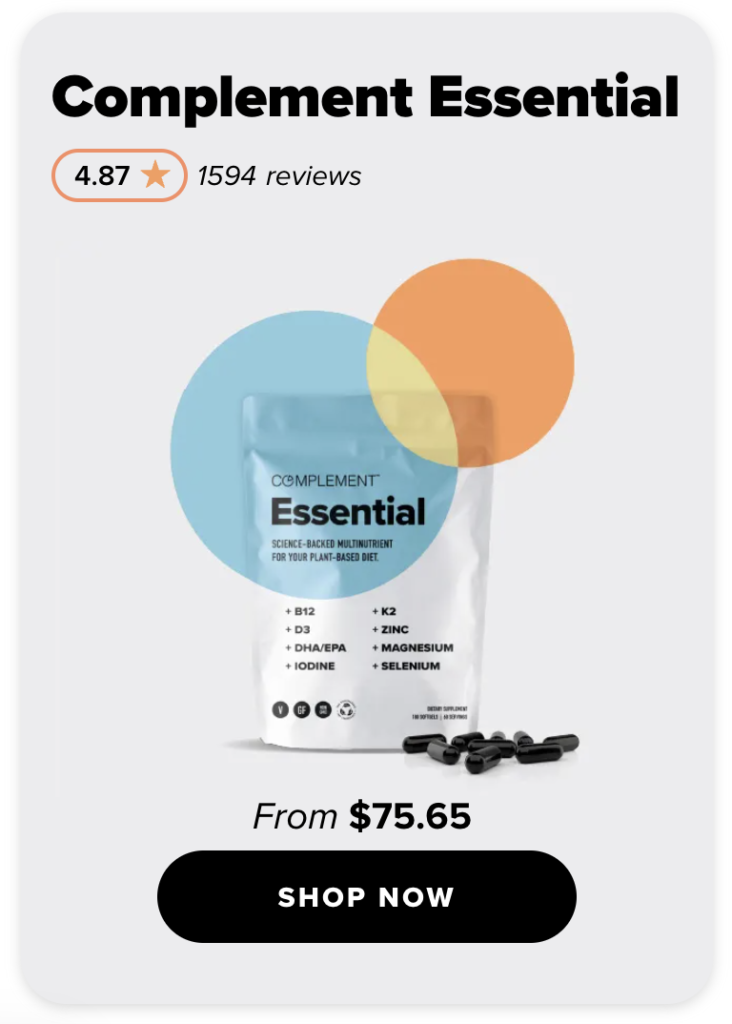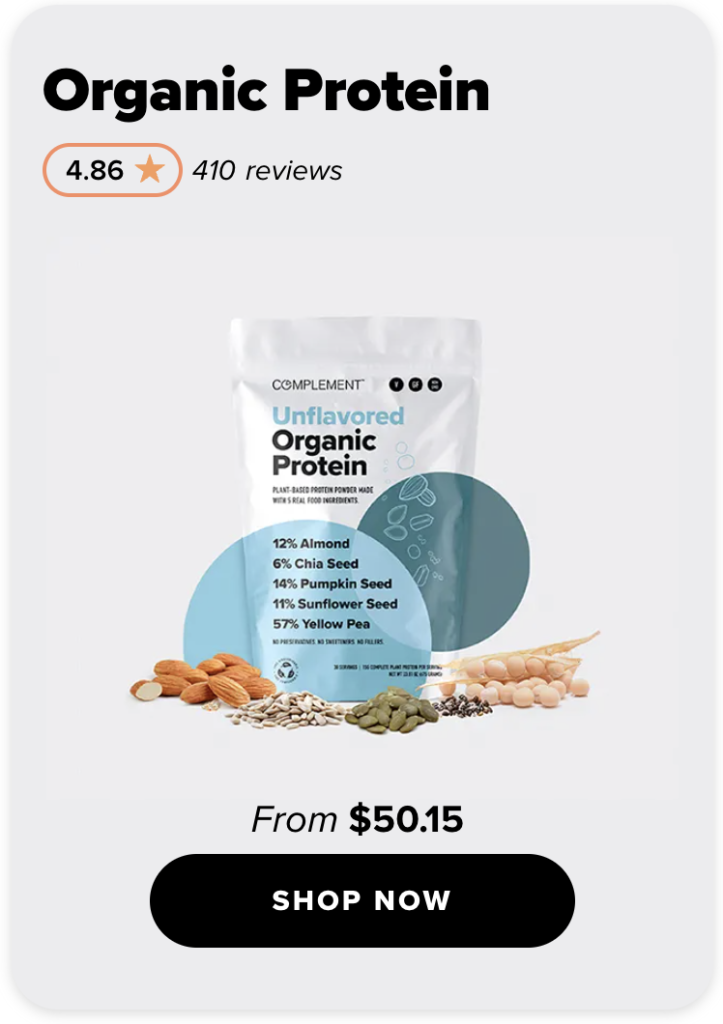Is veganism healthy? The vegan diet, which excludes all animal products, has gained popularity for its potential health benefits. Studies have shown that a vegan diet can lower the risk of certain chronic diseases, improve heart health, and promote weight loss. In this blog post, we will discuss the various ways in which a vegan diet can improve overall health and well-being.
The Health Benefits of a Vegan Diet
Lowers the Risk of Chronic Diseases
A vegan diet has been shown to lower the risk of chronic diseases such as heart disease, diabetes, and cancer. One study found that vegans had a 75% lower risk of developing high blood pressure than non-vegans (1). Another study found that vegans had a 78% lower risk of developing type 2 diabetes than non-vegans (2).
Improves Heart Health
A vegan diet can also improve heart health by reducing the risk of heart disease. Studies have found that vegans have lower levels of LDL (bad) cholesterol and lower blood pressure than non-vegans (3,4). Additionally, a vegan diet can lower the risk of developing metabolic syndrome, a cluster of conditions that increase the risk of heart disease (5).
Promotes Weight Loss
A vegan diet can also help with weight loss by promoting feelings of fullness and reducing calorie intake. One study found that vegans lost more weight than non-vegans following a calorie-restricted diet (6). Another study found that a vegan diet was more effective for weight loss than a diet that included animal products (7).
May Help with Mental Health
A vegan diet may also have a positive impact on mental health. Studies have found that a vegan diet can improve symptoms of depression and anxiety (8,9). Additionally, a vegan diet may reduce the risk of developing cognitive decline and dementia (10).
Good for Bone Health
A vegan diet can also be good for bone health. Studies have found that vegans have higher bone mineral density than non-vegans (11,12).
Help with Inflammation
A vegan diet can also help with inflammation. Studies have found that a vegan diet can reduce levels of inflammatory markers in the body (13,14).
Tips for a Healthy Vegan Diet
Eat a variety of plant-based foods
A healthy vegan diet should include a variety of plant-based foods such as fruits, vegetables, whole grains, legumes, and nuts. Eating a variety of foods will ensure that you get all the necessary nutrients your body needs.
Include a source of vitamin B12
Vitamin B12 is found primarily in animal products, so vegans should make sure to include a source of vitamin B12 in their diet. This can be done by taking a vitamin B12 supplement or by eating foods that are fortified with vitamin B12.
Make sure to get enough protein
A vegan diet can be low in protein if certain foods are neglected, so it’s important to make sure to get enough protein. Good sources of protein for vegans include legumes, nuts, and soy products.
Get enough calcium
A vegan diet can also be low in calcium, so it’s important to make sure to get enough calcium. Good sources of calcium for vegans include fortified plant-based milks, leafy greens, and tofu.
Be mindful of nutrient deficiencies
While a vegan diet can be healthy, it can also lead to nutrient deficiencies if not planned properly. Vegans should be mindful of getting enough iron, zinc, omega-3 fatty acids, and vitamin D.
Conclusion
Is veganism healthy? A vegan diet can improve overall health and well-being by lowering the risk of chronic diseases, improving heart health, promoting weight loss, and potentially helping with mental health. Additionally, a vegan diet can be good for bone health and can help with inflammation. However, it is important to plan a vegan diet properly to ensure that all necessary nutrients are being consumed. Eating a variety of plant-based foods, including a source of vitamin B12, getting enough protein and calcium, and being mindful of nutrient deficiencies are key to a healthy vegan diet.
References:
- https://www.hsph.harvard.edu/nutritionsource/what-should-you-eat/vegetarian-and-vegan-diets/
- https://www.hsph.harvard.edu/nutritionsource/what-should-you-eat/vegetarian-and-vegan-diets/
- https://www.hsph.harvard.edu/nutritionsource/what-should-you-eat/vegetarian-and-vegan-diets/
- https://www.hsph.harvard.edu/nutritionsource/what-should-you-eat/vegetarian-and-vegan-diets/
- https://www.hsph.harvard.edu/nutritionsource/what-should-you-eat/vegetarian-and-vegan-diets/
- https://www.hsph.harvard.edu/nutritionsource/what-should-you-eat/vegetarian-and-vegan-diets/
- https://www.hsph.harvard.edu/nutritionsource/what-should-you-eat/vegetarian-and-vegan-diets/
- https://www.hsph.harvard.edu/nutritionsource/what-should-you-eat/vegetarian-and-vegan-diets/
- https://www.hsph.harvard.edu/nutritionsource/what-should-you-eat/vegetarian-and-vegan-diets/
- https://www.hsph.harvard.edu/nutritionsource/what-should-you-eat/vegetarian-and-vegan-diets/
- https://www.hsph.harvard.edu/nutritionsource/what-should-you-eat/vegetarian-and-vegan-diets/
- https://www.hsph.harvard.edu/nutritionsource/what-should-you-eat/vegetarian-and-vegan-diets/
- https://www.hsph.harvard.edu/nutritionsource/what-should-you-eat/vegetarian-and-vegan-diets/
- https://www.hsph.harvard.edu/nutritionsource/what-should-you-eat/vegetarian-and-vegan-diets/
- Some research for this article compiled with the assistance of ChatGPT/OpenAI
- Learn more about VeganWire here.







